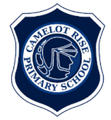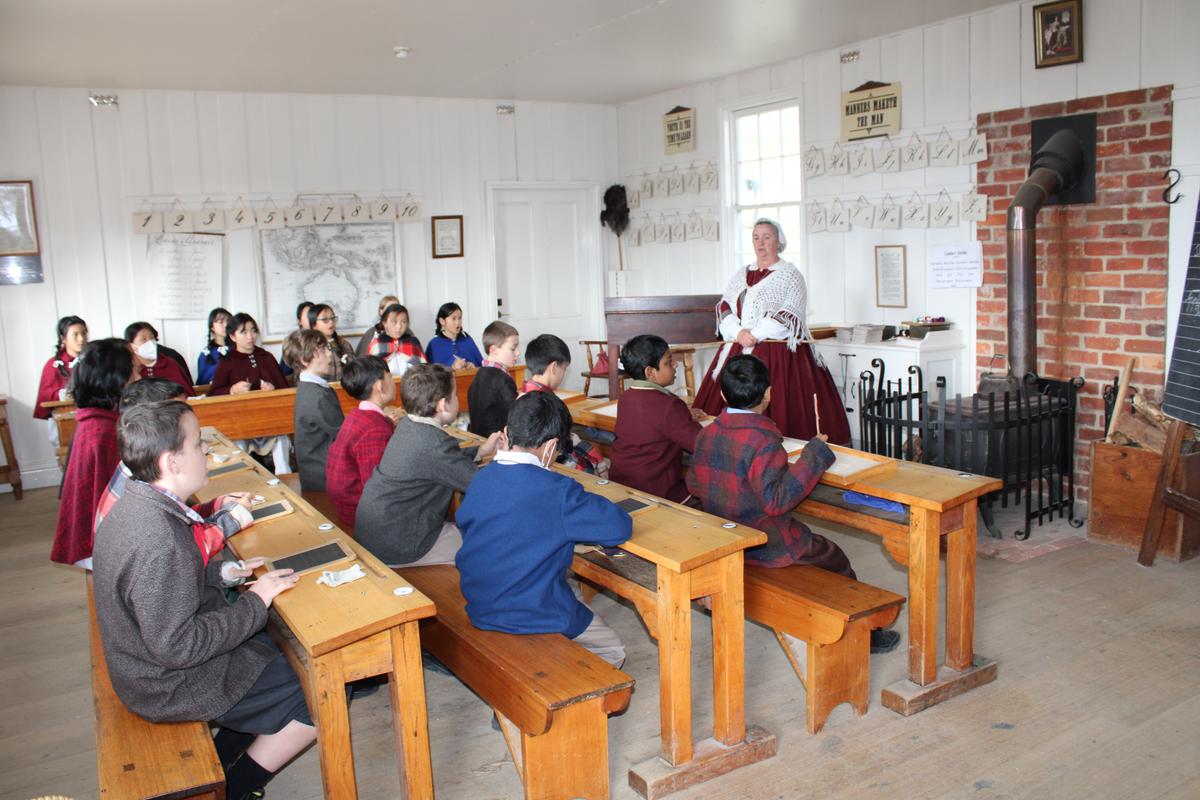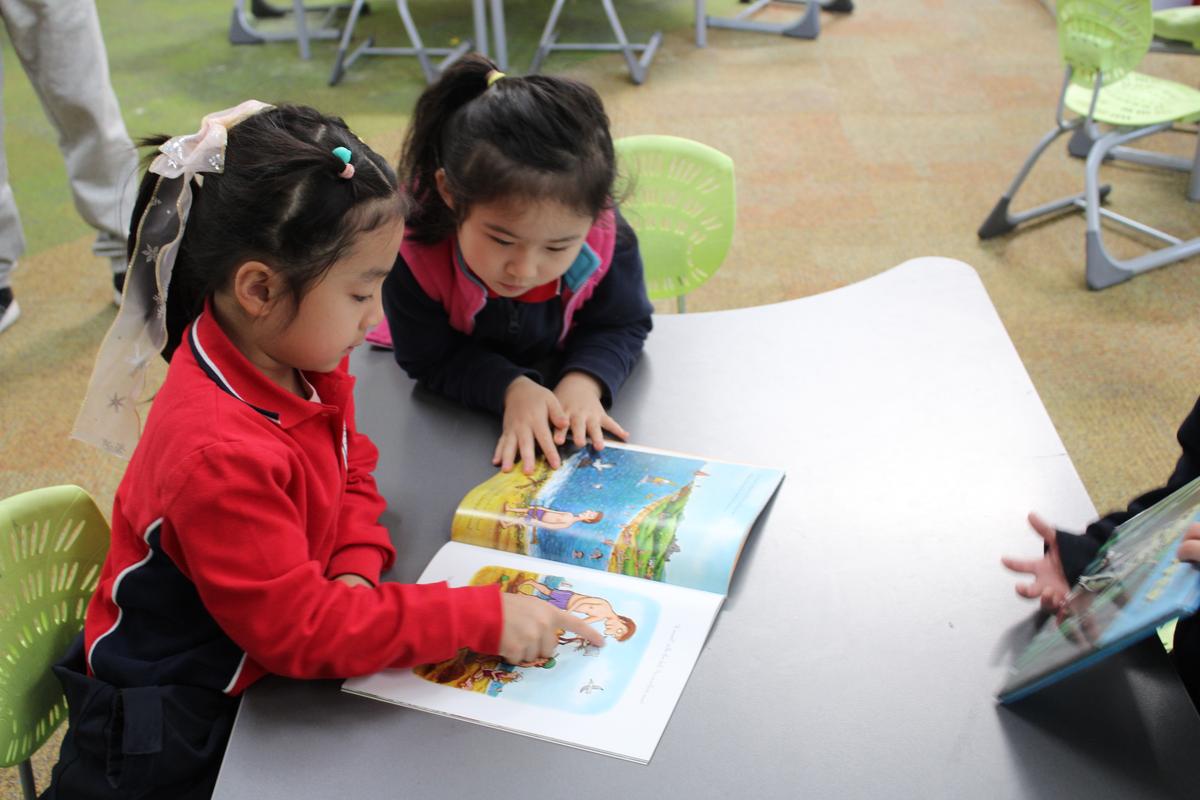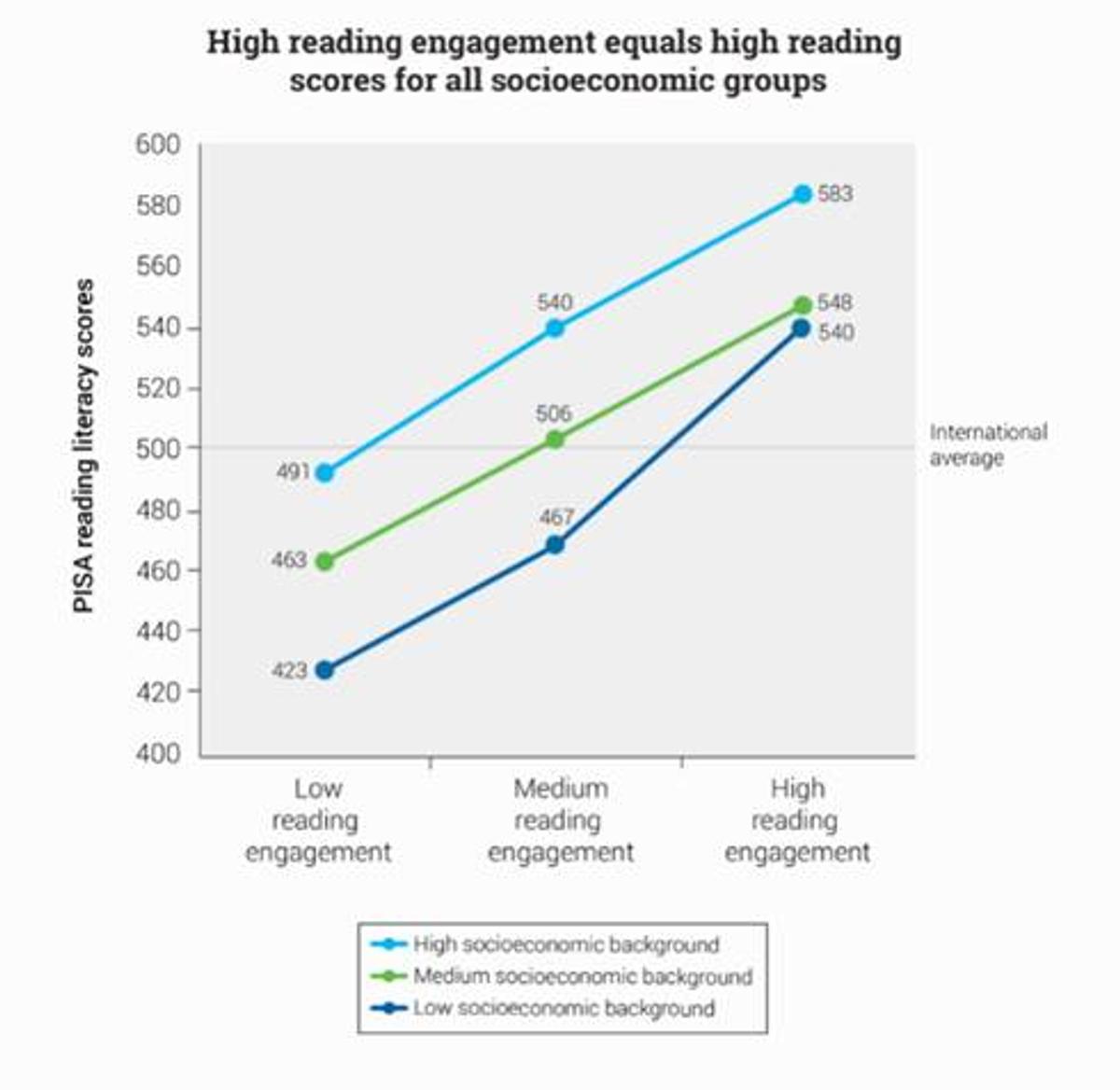From the Principal

Teacher Professional Practice Day
Student Free Day – Wednesday, 31st May.
Just a reminder that students are not required to attend school on Wednesday 31st May as this is day is a ‘Teacher Professional Practice Day’ at Camelot Rise Primary School.
Professional practice days provide teachers with release from their scheduled duties (all duties which would have been otherwise scheduled, including teaching) to focus on the improved delivery of high-quality teaching and learning.
The Victorian Government Schools Agreement 2022 provides teachers with three professional practice days in 2022, two professional practice days in 2023 and one professional practice day in 2024 and beyond.
This date and all other Student Free Days were approved by School Council in 2022 and these dates have been communicated with families in every newsletter.
The only students that will be attending school on this day are the Year 5 students that leave to commence their camp to Sovereign Hill on that day.
Camp Australia will be providing a service on this day for any families that require their child/children to be looked after.
Students are not required at school on Wednesday 31st May (except for the Year 5 students that are attending the Sovereign Hill Camp).
Year 5 Camp to Sovereign Hill
We would like to wish the Year 5 students and staff all the best as they embark on their
camp to Sovereign Hill on Wednesday, 31st May.
This is a wonderful camp with many fantastic hands-on learning experiences and the feedback from previous years is always extremely positive.
Thanks to the Year 5 teaching and education staff for organising and attending this camp.
I recall taking my own family to Sovereign Hill when our children were younger, and it is a fantastic location. I encourage all families to experience Sovereign Hill over the upcoming holidays.
https://www.sovereignhill.com.au/
Keep warm up there!
Student Mental Health and Wellbeing
onPsych mental health and counselling is available at our school!
Do you find that your child is having emotional or behavioural issues? Are they struggling socially, academically? Camelot Rise Primary School has a registered psychologist to support your child.
Luke Simmons is a registered psychologist who specialises in child and adolescent mental health. His services are provided at the school at NO OUT OF POCKET COST through Medicare bulk billing or NDIS. He will work collaboratively with you, your child, and the teachers to maximise opportunities for positive growth.
If you believe that this might benefit your child, please contact the school administration staff and request a Parent Pack for further information.
We have been very fortunate to work closely with onPsych over the past few years and we are very grateful for the service they provide and the support that they offer to our students.
Reading is everything
As the colder months descend on us and the days get shorter, there is no better time to grab a book and curl up under the doona or in front of the fire. By any measure, reading for more than 15 minutes per day has enormous benefits for life outcomes. Fifteen plus minutes of active reading helps students achieve higher academic growth than their peers. 30 minutes is even better, and 60 minutes has enormous benefits.
Studies show that only 18% of students read for 30 minutes per night and that at 60 minutes, student growth is on average 48% higher than the average, no matter what the child’s background. The table also shows the correlation between high reading engagement against international student rankings. Those coming from the lowest socioeconomic backgrounds achieve well above the international average if they read regularly. If we compare a student from a low socioeconomic background who does not read daily, with a student from a high background that does, the difference is massive. That difference is cut dramatically by high reading engagement. The evidence could not be clearer. If you want your child to succeed, read to them and give them plenty of opportunities to read.
If you still have pre-schoolers, the research shows how significant being read to is, enabling students to start school with reading skills well above their peers. From my own experience, when my own children wanted to stay up later, our first negotiation led to bedtime being extended by 30 minutes, on the proviso that they read in bed for those 30 minutes. Not only did it help them fall asleep as they disconnected from devices, but it boosted their reading time. Win-win-win! As I have said many, many times, reading is everything and is the key to your child enjoying a successful future.
I have included an article below that further outlines the importance of reading daily.
WHY READING EVERY NIGHT IS SO IMPORTANT:
The following article again illustrates just how important the practice of reading nightly is.
Why Can't I Skip My Twenty Minutes of Reading Tonight?
(Source Unknown)
Let us figure it out -- mathematically!
- Student A reads 20 minutes five nights of every week;
- Student B reads only 4 minutes a night...or not at all!
Step 1: Multiply minutes a night x 5 times each week.
- Student A reads 20 min. x 5 times a week = 100 mins. /week
- Student B reads 4 minutes x 5 times a week = 20 minutes
Step 2: Multiply minutes a week x approximately 4 weeks each month.
- Student A reads 400 minutes a month.
- Student B reads 80 minutes a month.
Step 3: Multiply minutes a month x 9 months/school year
Student A reads 3600 min. in a school year.
Student B reads 720 min. in a school year.
- Student A practices reading the equivalent of ten whole school days a year.
- Student B gets the equivalent of only two school days of reading practice.
- By the end of Year 6 if Student A and Student B maintain these same reading habits, Student A will have read the equivalent of 60 whole school days.
- Student B will have read the equivalent of only 12 school days.
One would expect the gap of information retained will have widened considerably and so, undoubtedly, will school performance.
How do you think Student B will feel about him/herself as a student?
Some questions to ponder:
- Which student would you expect to be the more proficient reader?
- Which student would you expect to know more?
- Which student would you expect to write with greater proficiency?
- Which student would you expect to have a broader vocabulary?
- Which student would you expect to be more successful in school....and in life?
Matthew Coney and Ben Heys



